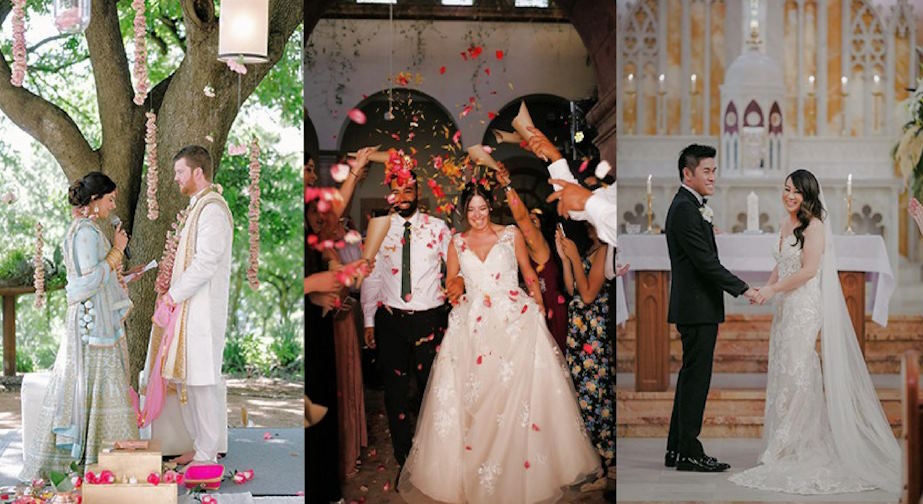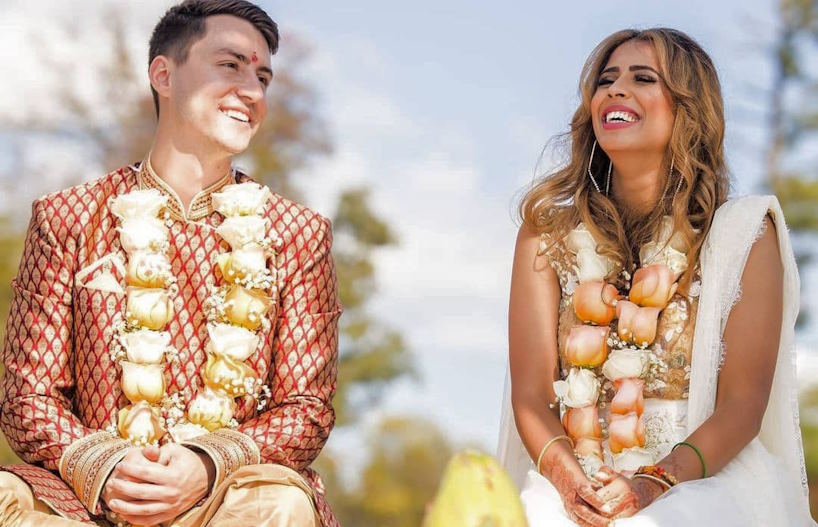
A Guide to Planning a Multicultural Wedding Ceremony
Planning a wedding is an exciting journey filled with anticipation and joy. But what if you and your partner come from different cultural backgrounds? Embracing diversity and inclusivity in your wedding celebration can create a truly memorable and meaningful experience. A multicultural wedding ceremony not only honors the traditions and heritage of both partners but also celebrates the union of two families and the coming together of different cultures.
Creating a Multicultural Ceremony Program
A wedding ceremony is a beautiful opportunity to honor and showcase the diverse cultural backgrounds of both partners. Designing a well-thought-out multicultural ceremony program ensures that traditions from both cultures are incorporated, creating a truly inclusive and meaningful experience for everyone involved.
To begin, it’s important to design a timeline that carefully incorporates meaningful traditions from both cultures. Research and understand the significance of various rituals and customs, and identify key moments within each culture’s wedding ceremonies. By thoughtfully arranging these elements, you can create a flow that seamlessly weaves together the different traditions, ensuring that each cultural aspect is given its due importance.
In addition to including rituals and customs, incorporating symbols that reflect the couple’s cultural heritage adds depth and meaning to the ceremony. These symbols can range from traditional items, such as ceremonial objects or attire, to specific gestures or blessings that hold cultural significance. By including these symbols, you not only pay homage to your heritage but also provide an opportunity for guests to learn and appreciate the diverse customs and traditions.

Cultural Attire and Dress Code
One of the most visually impactful aspects of a multicultural wedding ceremony is the attire chosen by the couple and their guests. Cultural attire not only adds vibrancy and beauty to the celebration but also serves as a powerful representation of heritage and tradition. When planning a multicultural wedding, it is crucial to navigate the realm of cultural attire with sensitivity and understanding.
Begin by discussing attire preferences with both families. Engage in open conversations to gain insight into the significance of specific garments, colors, or styles within each culture. This dialogue ensures that everyone’s expectations and traditions are respectfully considered when selecting attire for the wedding day.
Incorporating traditional outfits and accessories from different cultures can be a wonderful way to celebrate diversity. Brides and grooms may choose to wear attire that blends elements from both cultures or opt for separate ensembles that represent each heritage individually. Similarly, inviting guests to embrace their cultural attire or providing options for guests to explore different cultural garments creates an inclusive atmosphere that celebrates diversity.

Food and Drink Selection
When planning a multicultural wedding ceremony, one of the most exciting aspects is the opportunity to create a culinary experience that celebrates the diverse backgrounds of the couple. The food and drink selection plays a vital role in immersing guests in a cultural journey, offering a fusion of flavors and traditions.
To begin, consider offering a diverse menu that includes dishes from both cultures. Research and explore the culinary traditions and signature dishes of each heritage. By incorporating a variety of dishes, you provide guests with an opportunity to taste and appreciate the flavors and ingredients that define each culture. Whether it’s a fusion of flavors or separate menus representing each heritage, a diverse menu ensures that every guest can find something to enjoy and appreciate.
Working with a caterer experienced in multicultural cuisine is invaluable. Find a caterer who understands the intricacies of different culinary traditions and has experience creating menus that blend cultures harmoniously. Collaborate with the caterer to craft a menu that respects the authenticity of each dish while also introducing creative ways to infuse flavors and techniques from both cultures.
